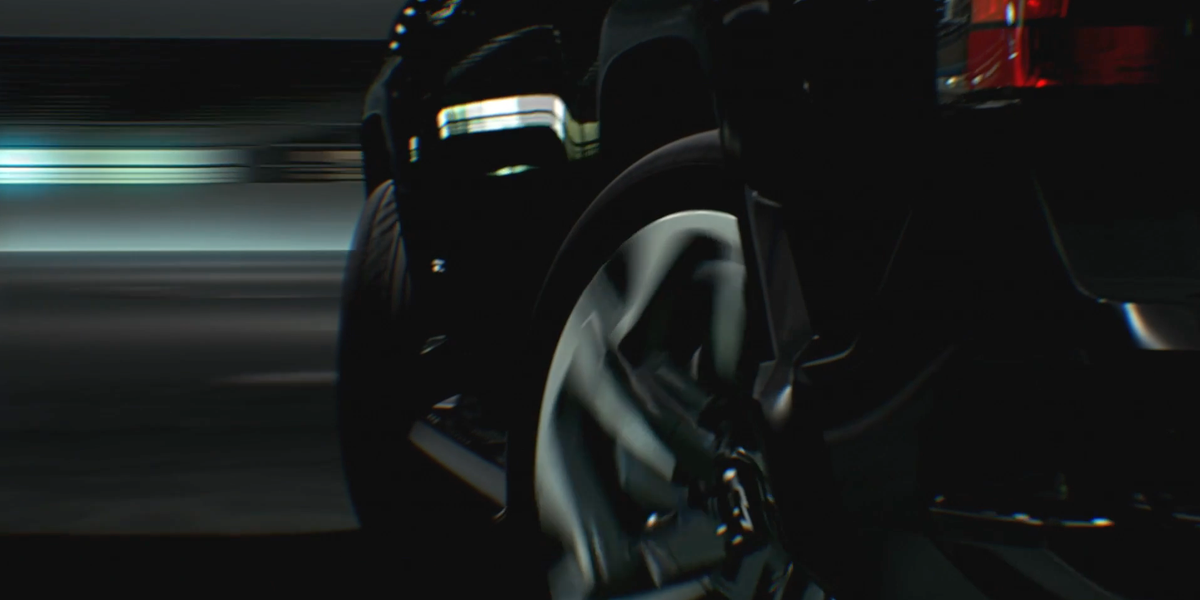The never-ending pursuit of fuel economy will see the continuing trend for smaller displacement, forced induction, and less cylinders before the complete demise of the internal combustion engine (ICE) and switchover to battery electric vehicles (BEV's). Toyota is not immune to this trend, and more than anyone else, has resisted forced induction until recently. This all changes with the new generation of Toyota models launching this decade, and as a glimpse of this trend, the 2022 Landcruiser (and subsequent Tundra, next-gen Lexus LX and Sequoia) have all eschewed the V8 in favor of a twin-turbo V6. But doesn't the title say Sayonara to V6's?
Not in heavy trucks (TNGA-F), at least heavier than 5,000 lbs curb weight (I'm surprised the 4,600 lbs Sienna did not get a V6 option, as Toyota stretches the 4-cylinder hybrid powertrain to the limit on that model). However, with the introduction of the 2022 Lexus NX and the announcement from TMMK about the same 4-cylinder 2.4L turbo engine that's in the NX, it's safe to assume the following:
Update 02/02/2022: RX has been verified here
Not in heavy trucks (TNGA-F), at least heavier than 5,000 lbs curb weight (I'm surprised the 4,600 lbs Sienna did not get a V6 option, as Toyota stretches the 4-cylinder hybrid powertrain to the limit on that model). However, with the introduction of the 2022 Lexus NX and the announcement from TMMK about the same 4-cylinder 2.4L turbo engine that's in the NX, it's safe to assume the following:
- V6's will exist only on TNGA-F and next-gen Lexus LS
- V8's will be completely discontinued with any new generation going forward, with the exception being exotics
- the next generation Camry/Lexus ES, and Highlander/Lexus RX, will almost certainly be 4-cylinder 2.4L turbo only. This does not apply to the base Camry UPDATE: 2023 Highlander has already nixed the 6 cylinder
- the next generation Tacoma/4Runner/Hilux will most likely be 4-cylinder 2.4L turbo only. This does not apply to the base Tacoma
- the current RX450h will be the last V6 hybrid powertrain. The next-gen will most likely mirror the NX’s 4-cylinder only configurations
- it will be interesting to see if the base Camry, base Tacoma, and RAV4 remain on the naturally aspirated 4-cylinder or move to a smaller turbocharged engine
- it will be interesting to see if turbos and hybrids will mix beyond TNGA-F
- it will be interesting to see how widespread the plug-in hybrid option becomes, as Toyota has been noticeably reluctant on lithium batteries while it tries to get solid-state mainstream. I'm guessing a Camry Prime probability at 50% chance of happening
Update 02/02/2022: RX has been verified here







